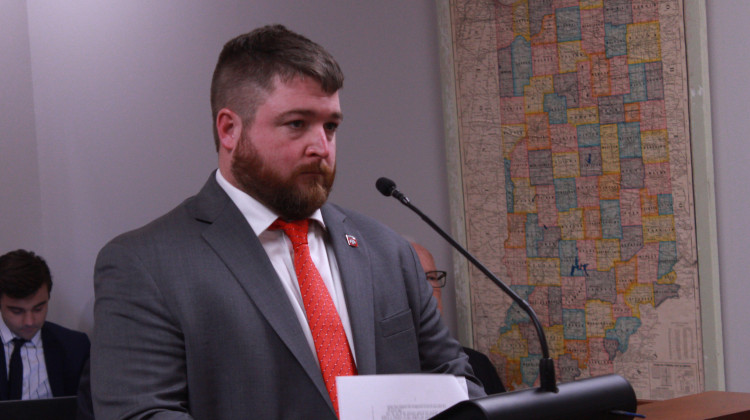Duke Energy Indiana has received approval for two new natural gas units at Cayuga Station in Vermillion County, Indiana, after about six months of sparring with opponents before the Indiana Utility Regulatory Commission (IURC).
One recurring sticking point: Would Duke have a financial incentive to embark on clean energy projects to replace coal plants? Initially, Duke's proposal suggested the Cayuga station's aging coal plants would be shut down.
But after pushback and then a settlement with the coal trade association Reliable Energy Inc. (REI) in June, Duke will now investigate the feasibility of keeping the coal plants online to be sold to a third party.
Per the final ruling from the IURC on October 29, 2025, Duke will retain clean energy financial incentives while building the new natural gas units. Alongside them, the coal plants might continue running.
The clean energy incentive, called Construction Work in Progress, allows Duke to charge ratepayers for the project while the plant is being constructed, which reduces financing costs for the utility. Angeline Protogere, a spokeswoman for Duke Energy Indiana, said this kind of financing will save customers more than $800 million over the life of the new plant.
That's still too much for consumer advocates. During testimony, one estimate projected Duke customers will pay an addition $29 a month by the time the two natural gas units are up and running.
"Bills are going to go up — dramatically," said Kerwin Olson, the executive director of Citizens Action Coalition, a consumer advocacy group that intervened on the case. Ratepayers "can't afford to pay what they're paying today. And disappointingly, the commission somehow justified that this proposal satisfies the affordability pillar of state policy."
A strained grid
Duke contends that the project is necessary given the pressure on Indiana's electric grid and the utility's service area. Duke has added about 126,000 new customers since 2013, and the coal plants at Cayuga Station are nearly 60 years old.
Duke has already felt the effects of the squeeze: in advance of the summer of 2025, the utility had to purchase 470 megawatts of power to satisfy regional reliability requirements.
"It's our responsibility to constantly evaluate the demand for power on our system, and to make sure that we meet that demand," Protogere said.
The two natural gas units at Cayuga are designed to bridge the gap, adding 1,476 megawatts to the grid — 470 megawatts of capacity more than what the site's coal units currently offer.
Big bills, more emissions
Opponents to the project expressed frustration that financial incentives for clean energy are being used to fund fossil fuel projects without retiring coal plants as the original bill intended. Both natural gas and coal plants emit carbon dioxide, which blankets the earth's atmosphere and is the leading contributor to global warming.
Duke "got everything they wanted," Olson said. "It's just really, really disheartening and disappointing."
The Indiana Office of Utility Consumer Counselor, the state agency tasked to advocate for ratepayers, recommended that the state deny the utility's petition on the grounds of affordability. In addition, multiple advocacy groups testified against Duke's petition over the past several months.
But IURC's final ruling found that Duke's proposal satisfied Indiana's five pillars of energy policy: reliability, resilience, stability, affordability, and environmental sustainability. Olson, however, does not think Duke's approach to affordability and environmental sustainability is a good one.
"This is going to increase fossil fuel use in Indiana, carbon emissions, exacerbate public health problems, the climate crisis. There's that aspect of this order, which is really, really frustrating and sad," he said. "But there's also the significant economic aspect of this order, which means higher prices on monthly utility bills, hitting Duke rate payers, and it's just — whatever sort of adjective you want to put in there — it's just really frustrating."
IndyStar's environmental reporting is made possible through the generous support of the nonprofit Nina Mason Pulliam Charitable Trust.
Sophie Hartley is an IndyStar environment reporter. You can reach her at sophie.hartley@indystar.com or on X at @sophienhartley.
 DONATE
DONATE







 Support WFYI. We can't do it without you.
Support WFYI. We can't do it without you.